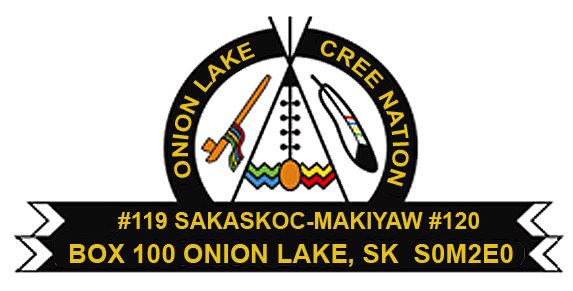Multiple Treaty tribes including Onion Lake Cree nation have been vocal with their refusal of Canada’s Proposed Indigenous Rights Recognition and Implementation Framework.
In a news release on November 14, Ermineskin Cree Nation spoke on behalf of Treaty No. 6, Treaty No. 8 and Tsuu T’ina, Treaty No. 7 stating “several Treaty Chiefs have sent letters to Prime Minister Justin Trudeau” in opposition of the proposed framework. The letters are in response to Crown-Indigenous Relations Minister Carolyn Bennett’s remarks to the public on October 29 stating there is “No stopping the framework, but I’m listening”.
Minister Bennett has spoken with many First Nations about the framework after Prime Minister Trudeau announced the initiative in February before the House of Commons.
Onion Lake Cree Nation Chief Henry Lewis says that the frameworks origins can trace back to the rejection of the “White Paper” which abolished the Indian act and land claims among others. In opposition, the “red paper” was presented by the “Canadian National Indian Brotherhood” (now Assembly of First Nations) to the Pierre Trudeau government in 1969. After the refusal by Trudeau, Lewis says they started peace dealing which in short is what the framework is about. Lewis adds that the sacred treaties that were signed in 1869 pinpointing coexistence with settlers are what they hold on to.
“The treaties honoured and agreed upon haven’t been implemented yet. That was a 142 years ago and we’re still struggling with that now adays.”
The framework looks to shine a light on section 35 of the Constitution pertaining to Indigenous rights in federal law. The initiative aims to fill the gap between federal government policies and multiple court decisions on Indigenous rights.
Chief Lewis says that First Nation children will be impacted if the framework passes, he believes they will lose many things including treaty status, a reserve system and that Indian affairs would be phased out. Lewis believes one of the ways to resolve disputes with Canada would be having “grassroots people” involved.
“What the governments been doing they have been going to AFN working on legislation, even though we have objected. That national organization does not represent us and have no right to talk on our behalf especially when it comes to our treaty rights.”
Lewis believes the government needs to meet directly with the sacred treaties (no.1-11), he adds they’re not part of the modern-day treaties.
“That’s what the government is doing, they’re putting us into one melting pot,” Lewis says he was at a meeting in Alberta with Minister Bennett and Treaty Chiefs. He says they presented a plan for funding to be treaty based.
“That’s why we need to put out the press release. To make it known we are in total objection of the framework.”


